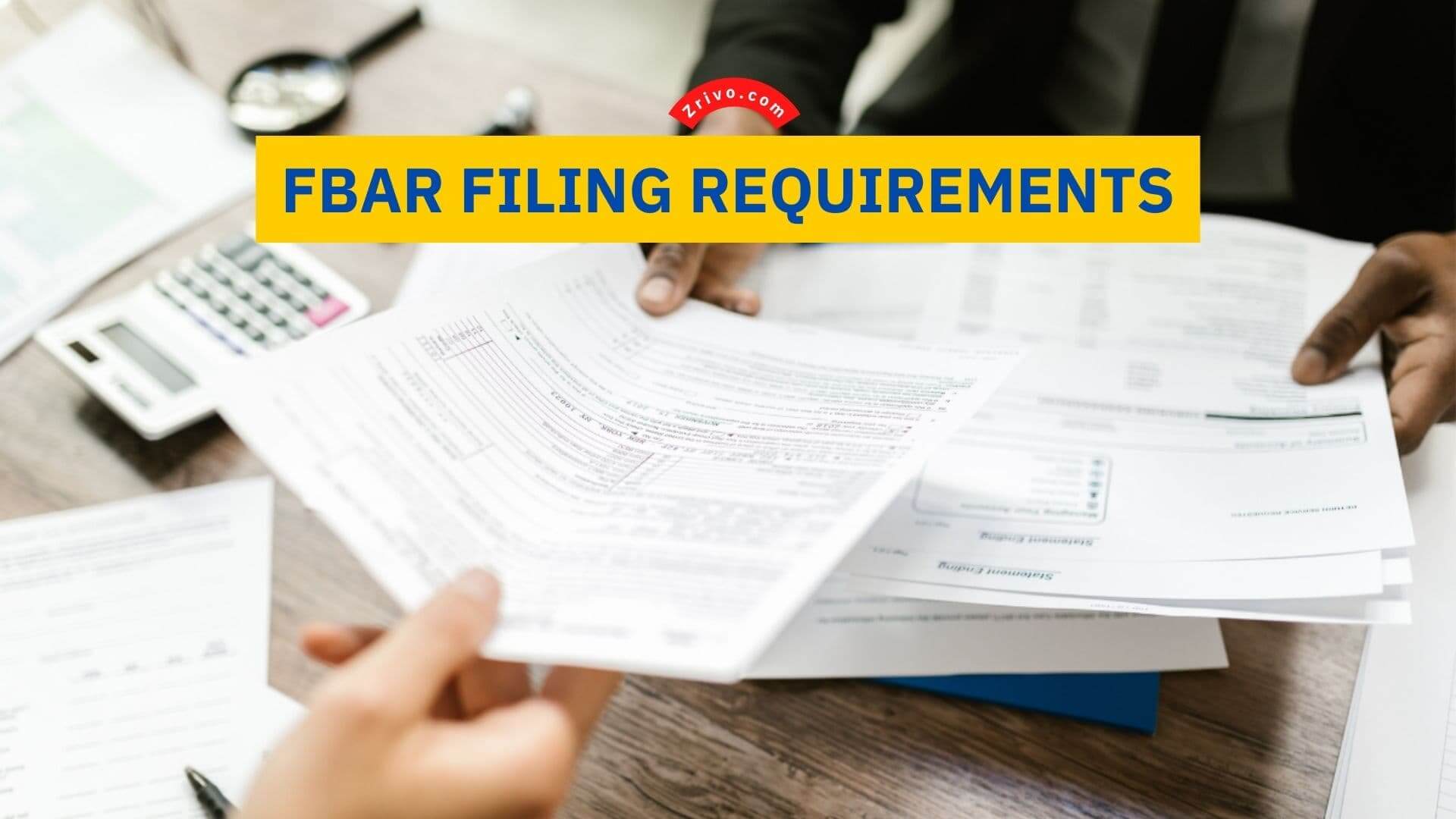
FBAR, or Foreign Bank Account Report, is a United States Department of Treasury publication used to monitor the activities of individuals and businesses holding foreign bank accounts. The report must be filed electronically through FinCEN’s BSA E-Filing System.
FBAR filing requirements for banks have increased in recent years. The IRS is investigating noncompliance issues with FBARs and will impose penalties for willful or pattern of noncompliance. The purpose of the penalties is to encourage compliance with FBAR reporting requirements.
Banks and other financial institutions are required to report accounts owned by US persons. The definition of “person” includes citizens, resident aliens, and legal entities created under US law. These individuals and entities are required to report their accounts to the US Treasury.
FBAR Filing Requirements for Individuals
Individuals with a total balance of $10,000 or more in foreign accounts must file an FBAR. For a calendar year, the maximum value of a foreign account must be converted to US dollars using the end-of-the-year exchange rates. In addition, individuals with a total balance of $10,000 or more must file an FBAR if they have signature authority over a non-US financial account.
Individuals and entities must file the FBAR form electronically through FinCEN’s BSA E-Filing System. Individuals and entities must report the maximum value of the account as well as the name, address, and the number of the institution that holds the account. A new FBAR report is now available for filing jointly with a spouse.

FBAR Filing Requirements For Minors
FBAR filing requirements for minors are a bit different than those for adults. In addition to the fact that the child must file the form, the child must also disclose the account’s numbers, co-holders, and banks. Parents are typically responsible for filing FBAR forms on their children’s behalf. However, the child’s guardian can also file on the child’s behalf.
The FBAR filing requirements for minors can be a bit confusing. In general, the minor must report on the form any accounts that;
- Have a total value that exceeds the $10,000 limit, and it is the parent’s job to determine the minimum value of any foreign accounts owned by the child.
The fines for willful failure to file are severe. The fines can range from $10,000 to half the account’s value. There are also hefty civil penalties. Willful failure to file can lead to jail time.
- Minors with foreign accounts must report them on the FBAR form, even if the account is not taxable. It is important to file the form as soon as possible. It is also a good idea to contact FinCEN for an alternative way to file if you do not have access to a computer or if you need a more convenient form.
FBAR Filing Requirements for Trusts
FBAR filing requirements for trusts are not an absolute requirement. However, trusts that meet certain criteria may be subject to the reporting requirement. For example, a trust that owns a foreign financial account must file a report on FBAR, or the Report of Foreign Financial Accounts, Form 114.
The government considers many factors in determining whether a trust must file a report on a foreign financial account. For example, a trust may have an interest in a foreign account, or an individual beneficiary may have a financial interest in a foreign account. But, if a trust is not owned by an individual or a beneficiary does not have a financial interest in a foreign financial account, it may not be required to file a report on an FBAR.
Another factor to consider is whether a trust is a United States person. The Internal Revenue Code defines a United States person as a US citizen or resident. A trust is a United States person if the trustee is a US person or if a trust is formed under state law.
The IRS will determine whether a trust is a United States entity under the following two conditions:
- First, the trust must be formed under US law.
- Second, the trust must be formed under a law regarded as the proper law of the trust. If the trust is formed under a law regarded as a proper law of the trust, then the trust will be treated as a United States person.